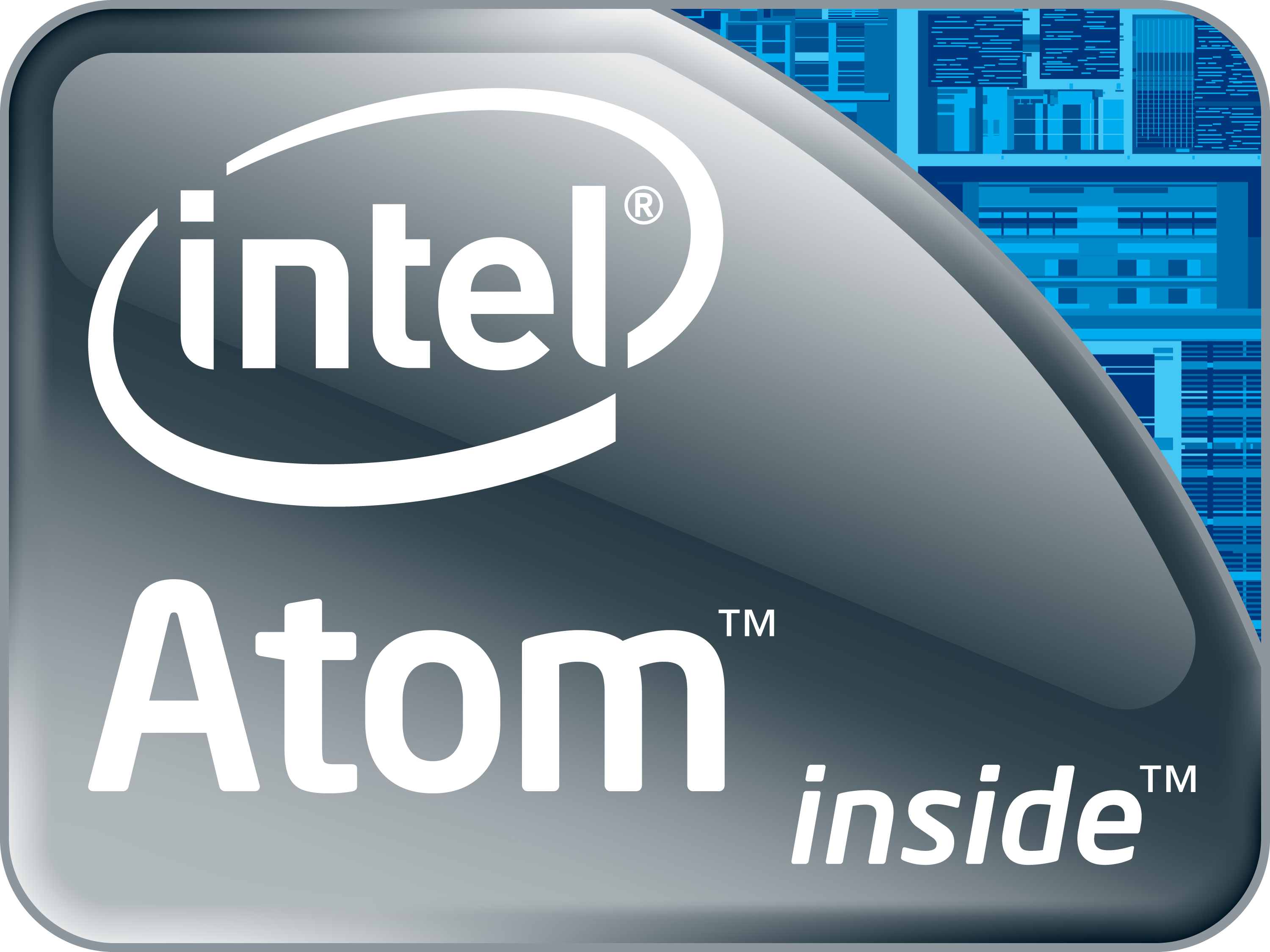Intel: No Linux for You, Clover Trail
How the times are changing: Clover Trail is ditching Linux.
At the Fall IDF, Intel told journalists that the Clover Trail Atom processor will not be supporting Linux. Clover Trail is a variant of Atom that is designed to compete with a wave of ARM processors for the sub-compact space and Windows RT devices. Clover Trail will be the x86's camp strongest proponent in this space and Intel is doing everything it can to build a compelling case.
Clover Trail will be supporting all Windows 8 features and enables Windows 8 to keep tight control over the CPU's power management features - and there are features that apparently are a concession to Microsoft and will only be opened to Windows 8, including an always-on functionality. With plenty of ARM processor designers entering Intel's home turf, it is probably a good idea for Intel to show Microsoft just how important the segment is for Intel.
That, of course, is a far cry from the beginnings of Atom. Some readers may remember that Atom was introduced as a processor that happened to run Windows as well, while the clear focus was on Linux. Back in early 2006, Intel heavily pitched Linux for Atom in the flavors of a version of Moblin Linux that Intel worked on itself, as well as Asianux, which included Red Flag Linux, Miracle Linux and HannSoft. Back then, Atom's focus was on mobile Internet devices and the expectation that the market would favor Linux over a Windows Vista with outrageous hardware requirements that were only met by the highest performing Atom at the time. Initial MID prototypes were also shown running with Ubuntu Linux.
On the bright side for Linux, most other Atom SoCs that are shown by Intel today are usually still focused on Linux and derivatives, such as Android.
Contact Us for News Tips, Corrections and Feedback
Get Tom's Hardware's best news and in-depth reviews, straight to your inbox.

Wolfgang Gruener is an experienced professional in digital strategy and content, specializing in web strategy, content architecture, user experience, and applying AI in content operations within the insurtech industry. His previous roles include Director, Digital Strategy and Content Experience at American Eagle, Managing Editor at TG Daily, and contributing to publications like Tom's Guide and Tom's Hardware.
-
bourgeoisdude Struggling to get your foot into a new market area? Piss off the Linux guys--yeah, that makes sense.Reply -
ddpruitt Intel "We have this brand new chip! I know let's make sure it runs on the most expensive systems while at the same time locking out the market segment with greatest potential, Android!"Reply
Really Intel? Really? -
Old_Fogie_Late_Bloomer Okay, look, this sounds bad...but I've read several articles about this now and I still don't have a clear picture of exactly what the issue is. Is it that Linux will not work at all on these chips, or is it just a matter of the power-saving features not being available (at least, through official Intel support)?Reply -
EDVINASM Guys, relax. It's like Linux users are greedy ba$tards that don't want to upgrade to i3 and keep blaming Intel and calling them greedy for not including Linux? What the.. Linux will run on future CPUs from Intel, just not particular Atoms, enough said. You want Intel on Linux - there is Intel on Linux. You get free OS - use the money saved to upgrade the CPU. How about that? Just saying..Reply -
COLGeek This is akin to cutting off your own nose to spite your face. I would assume that Intel wants to keep some features of this new CPU family proprietary and thus why they refuse to open up to the Linux community.Reply
Bad call for future progress IMHO. -
weierstrass Seems like MS is afraid of people buying its tablets just to install Linux on them.Reply -
blibba EDVINASMGuys, relax. It's like Linux users are greedy ba$tards that don't want to upgrade to i3 and keep blaming Intel and calling them greedy for not including Linux? What the.. Linux will run on future CPUs from Intel, just not particular Atoms, enough said. You want Intel on Linux - there is Intel on Linux. You get free OS - use the money saved to upgrade the CPU. How about that? Just saying..Reply
When you do upgrade your smartphone or SoC tablet to an i3, please do let us know how you get on. -
blazorthon It's not a big deal for Intel to make a line of CPU specifically for MS if they're also making others that are still for Android and such. I don't see the problem here. They're basically making a chip that is optimized for MS and they don't want to bother writing drivers and such for other software platforms when they're already doing so with other CPU families.Reply
